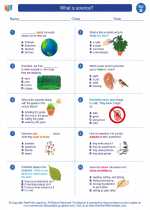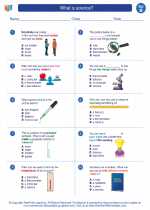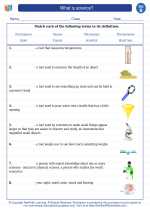Pollination
Pollination is the process by which pollen is transferred from the male reproductive organs of a flower to the female reproductive organs, thereby enabling fertilization and the production of seeds and fruits.
Types of Pollination
There are two main types of pollination:
- Self-pollination: This occurs when pollen is transferred from the anther to the stigma of the same flower or a different flower on the same plant. It does not require an external agent for the transfer of pollen.
- Cross-pollination: This occurs when pollen is transferred from the anther of one flower to the stigma of another flower on a different plant, either of the same species or a different species. It often requires the assistance of external agents such as wind, water, insects, birds, or other animals.
Pollination Agents
Various agents are involved in the process of pollination:
- Wind: Some plants rely on the wind to carry their pollen from one flower to another.
- Insects: Bees, butterflies, moths, and other insects are important pollinators for many flowering plants.
- Birds: Hummingbirds are known to pollinate certain types of flowers, especially those with brightly colored, tubular-shaped blooms.
- Animals: Some plants rely on animals such as bats, rodents, and primates for pollination.
Importance of Pollination
Pollination is crucial for the reproduction of flowering plants and plays a vital role in maintaining biodiversity and ecosystem balance. It leads to the production of fruits and seeds, which are essential for the growth and survival of many plant species. Additionally, pollination contributes to the production of food for humans and other animals.
Study Guide
Here are some key points to remember about pollination:
- Define pollination and explain its importance in the life cycle of plants.
- Differentiate between self-pollination and cross-pollination, providing examples of each.
- Identify and describe the various agents involved in pollination, such as wind, insects, birds, and animals.
- Discuss the role of pollination in the production of fruits and seeds, and its impact on ecosystems and human food supply.
Understanding the process of pollination is essential for appreciating the interconnectedness of plants, animals, and the environment, as well as the significance of pollinators in sustaining life on Earth.
[Pollination] Related Worksheets and Study Guides:
.◂Science Worksheets and Study Guides Second Grade. What is science?

 Worksheet/Answer key
Worksheet/Answer key
 Worksheet/Answer key
Worksheet/Answer key
 Worksheet/Answer key
Worksheet/Answer key
 Vocabulary/Answer key
Vocabulary/Answer key
